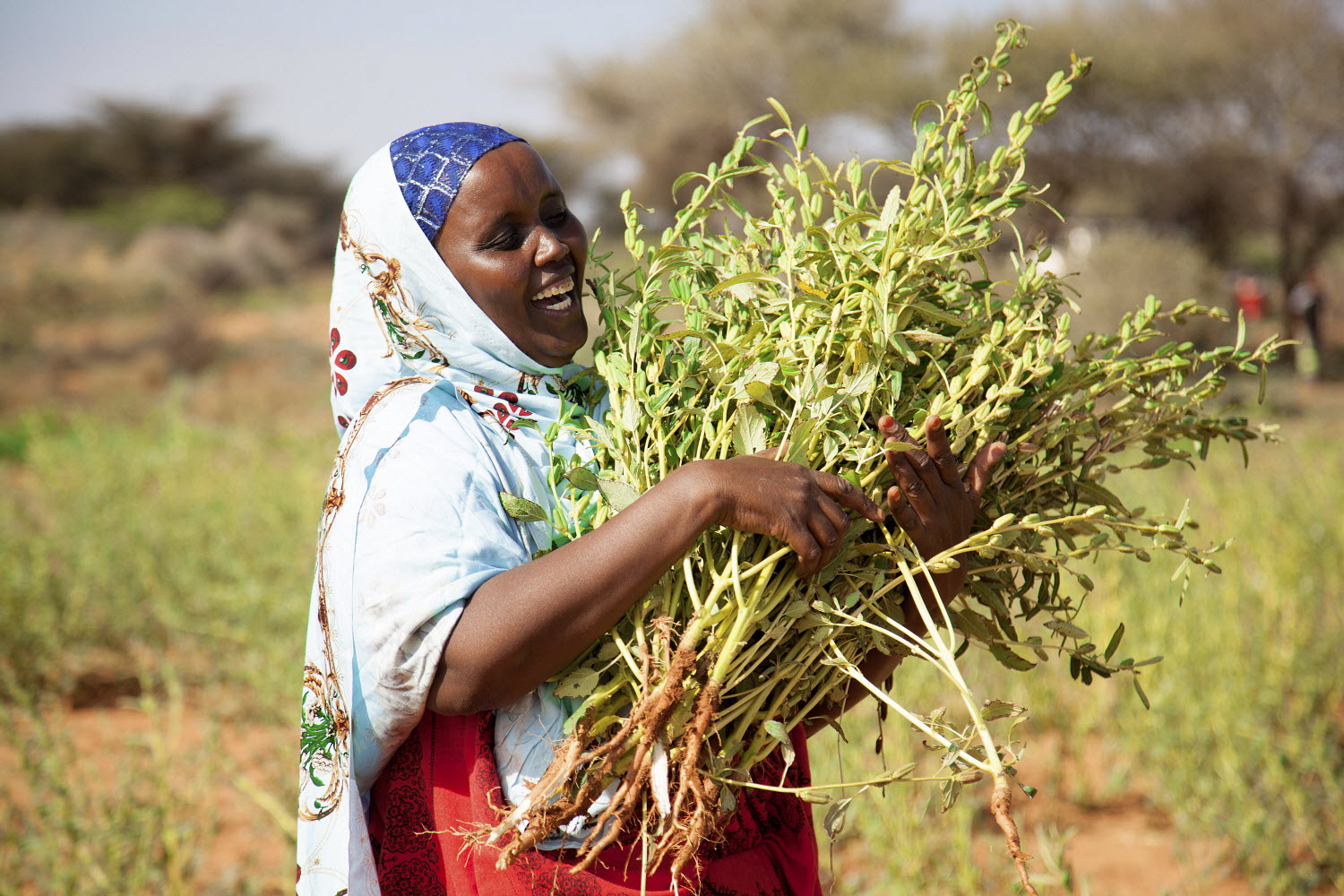Improving agriculture and food security through evaluation at the 9th AfrEA Conference
Abidjan (Côte d'Ivoire), 28/03/2019

Over 650 participants from 60 countries gathered at the 9th International Conference of the African Evaluation Association (AfrEA), which took place in Abidjan from 11 to 15 March 2019.
The conference theme “Accelerating Africa’s Development: Strengthening National Evaluation Ecosystems” animated lively debates on how to promote Africa-rooted and Africa-led evaluation by sharing African evaluation perspectives and how to gain recognition of the role of Africa in the evaluation “ecosystem”.
The Conference reaffirmed that the African evaluation community needs to advance more strongly in adapting evaluation practices to its context, thus ensuring that evaluation supports meaningful and sustainable progress. Among the necessary conditions for this to happen are the development of capacities of African evaluators and the growth of evaluation as a recognized profession.
The evaluation offices of the three Rome-based agencies, FAO, IFAD and WFP, coordinated by the EVAL-ForwARD Community of Practice, joined forces to support and organize one of the 12 thematic strands of the Conference on “Improving Agriculture and Food Security through Evaluation”. This Strand offered a forum to showcase and discuss lessons, challenges and results in evaluating agriculture and food security in Africa. Panels and presentation sessions touched upon technical and methodological aspects such as outcomes of impact evaluations and qualitative and mixed approaches and innovative tools. Issues around availability and quality of food security data and indicators also featured in the discussions.
A jointly FAO-WFP led panel discussion focused on the use of evaluations in decision-making and on how to develop effective collaborations with different actors during the evaluation process. Government officials involved in joint evaluations presented their experience and discussed how this engagement provided a means to strengthen their evaluation capacities. Throughout the Agriculture Strand, the FAO Office of Evaluation (OED) presented lessons learned, methodologies and approaches from recent evaluations, and specifically the evaluation of FAO’s response to the El Niño crisis in Southern Africa, the evaluation of the Africa Solidarity Trust Fund, and the evaluation of the Conservation Agriculture Scaling-Up Project.
The AfrEA Conference was also the venue for engaging members of the EVAL-ForwARD Community of Practice working in the Region, both by inviting and supporting them in submitting papers and proposals to the Agriculture Strand and by engaging face-to-face at the Conference.
EvalForward was featured across the sessions of the Agriculture Strand. Participants showed an interest in joining the Community as a way to continue to share knowledge, expand their networks and ultimately contribute to advancing evaluation in agriculture, food security and rural development.
